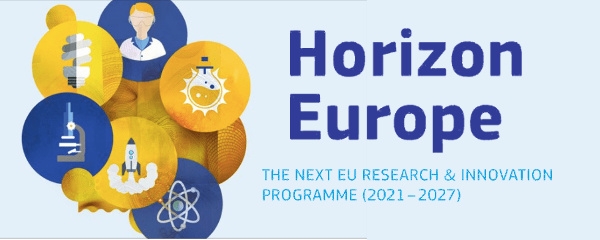 \
&
Contact us
\
&
Contact us
 \
&
Contact us
\
&
Contact us

Pick a topic from the menu to get started.
Horizon Europa, het Europees Kaderprogramma voor Onderzoek en Innovatie, schiet binnen afzienbare tijd uit de startblokken. Een goed moment om opnieuw een laatste stand van zaken te geven. Dit keer met spécifieke focus op de verschillende werkprogramma’s (de huidige, nog altijd voorlopige stand van zaken).
Op dinsdag 16 maart vanaf 10:00 verschaft het Departement EWI, samen met NCP Flanders, antwoorden op (bijna) al je vragen over de Horizon Europa-werkprogramma’s.
Vooraleer je dinsdag 16 maart deelneemt aan de online infosessie over Horizon Europa, gelieve zeker eerst de presentaties te raadplegen. Het gaat hier over:
Om de online infosessie zo vlot mogelijk te laten verlopen, mag je je vragen indienen voor 15 maart (08:00 AM). stuur een mail naar internationaal.ewi@vlaanderen.be, zodat deze zeker aan bod komen tijdens de infosessie.
Wil je nog meer informatie? Surf dan zeker naar Horizon Europa op de site van Departement EWI) waar je de presentaties van de vorige infosessie (oktober 2020) kan raadplegen.
Ter info: De video en presentatie van ‘Pillar 2 - Cluster 1 - Health’ ontbreekt voorlopig nog en zal op zo snel mogelijk toegevoegd worden.
Pick a topic from the menu to get started.
The Horizon2020 project BEAT-AF brings together 9 European renowned clinical centres in France, Belgium, Czechia, Germany and Austria. Together, the consortium strives to revolutionize Atrial Fibrillation (AF) treatment through catheter ablation and contribute to decrease the huge burden of AF in Europe. The BEAT-AF project kicked off in 2021 and will run until 2026. The department of electrophysiology of the AZ Sint-Jan Hospital in Bruges is partner in the project and has so far contributed to the pre-clinical development, the first in man studies and first registries of the revolutionary AF treatment put forward by the consortium. The first pilot studies show that the treatment is safe, effective and efficient.